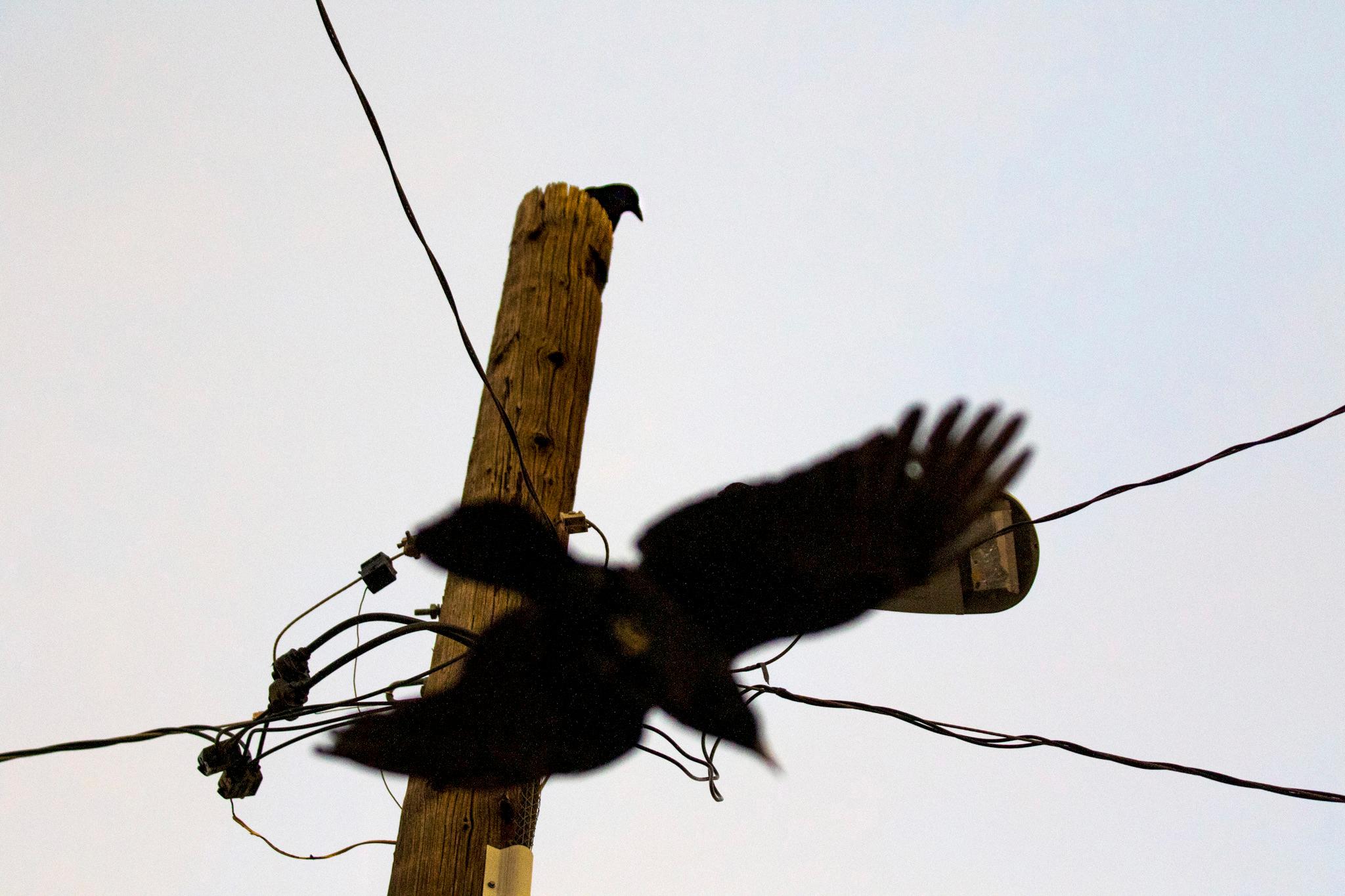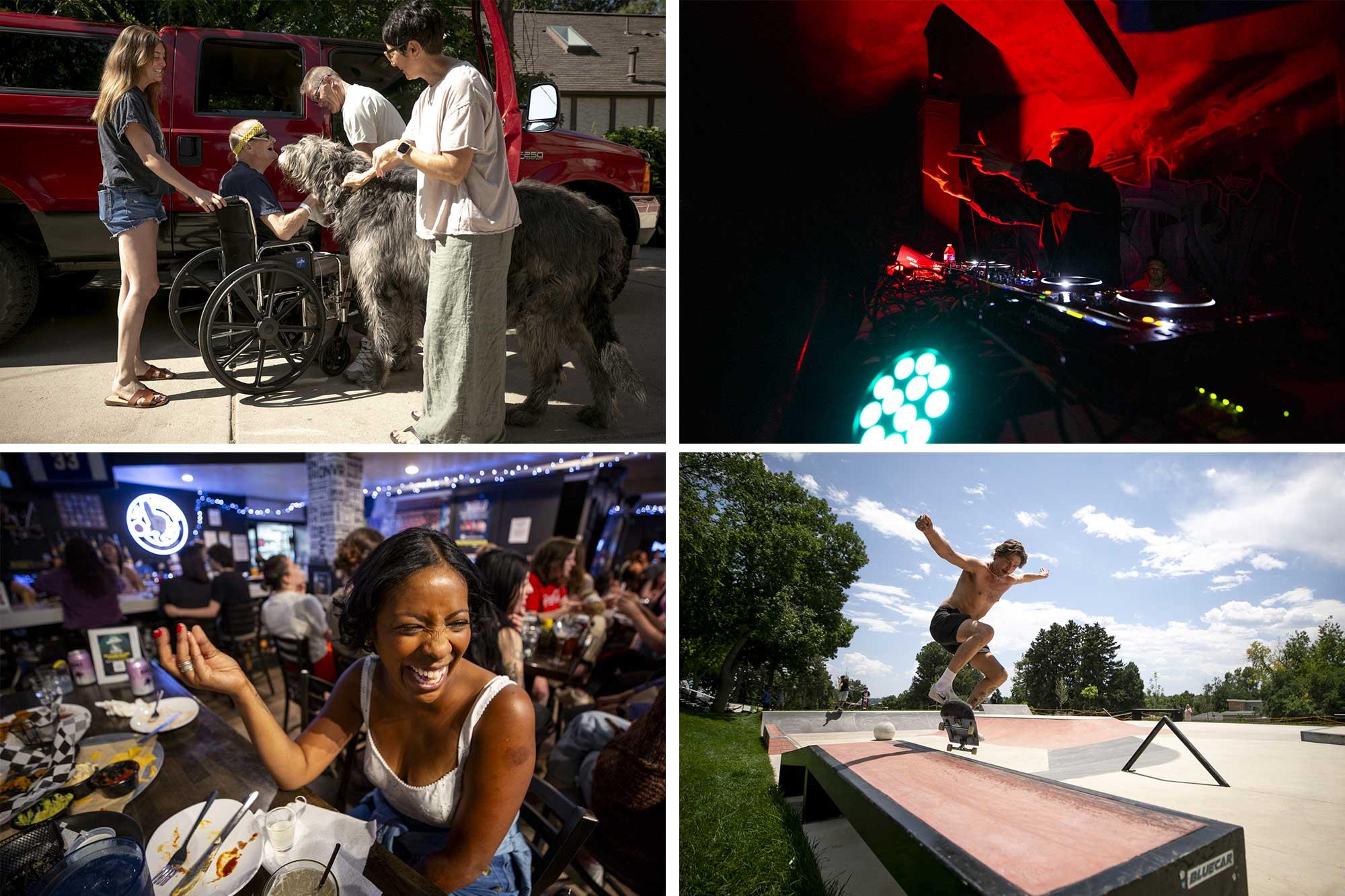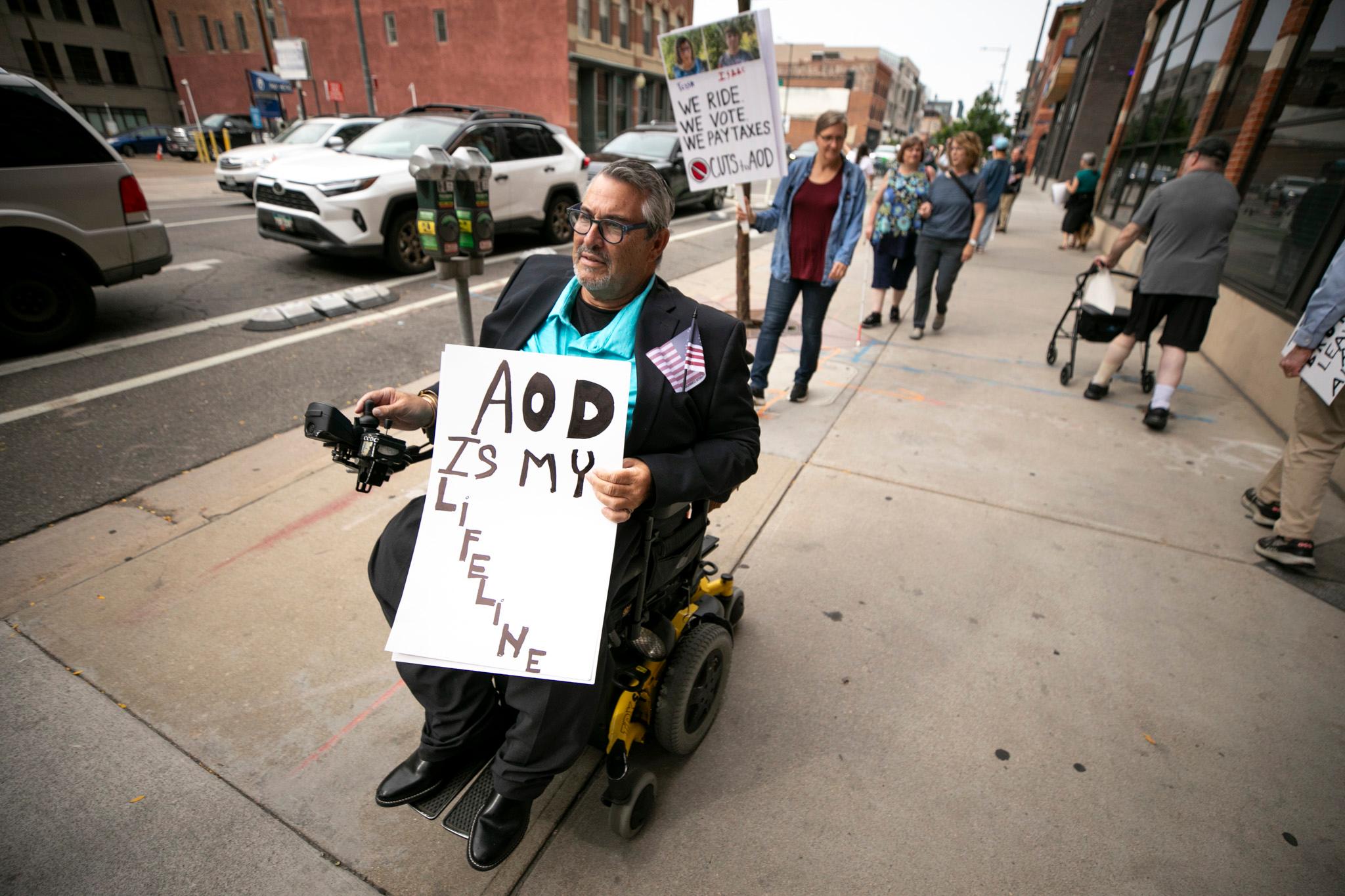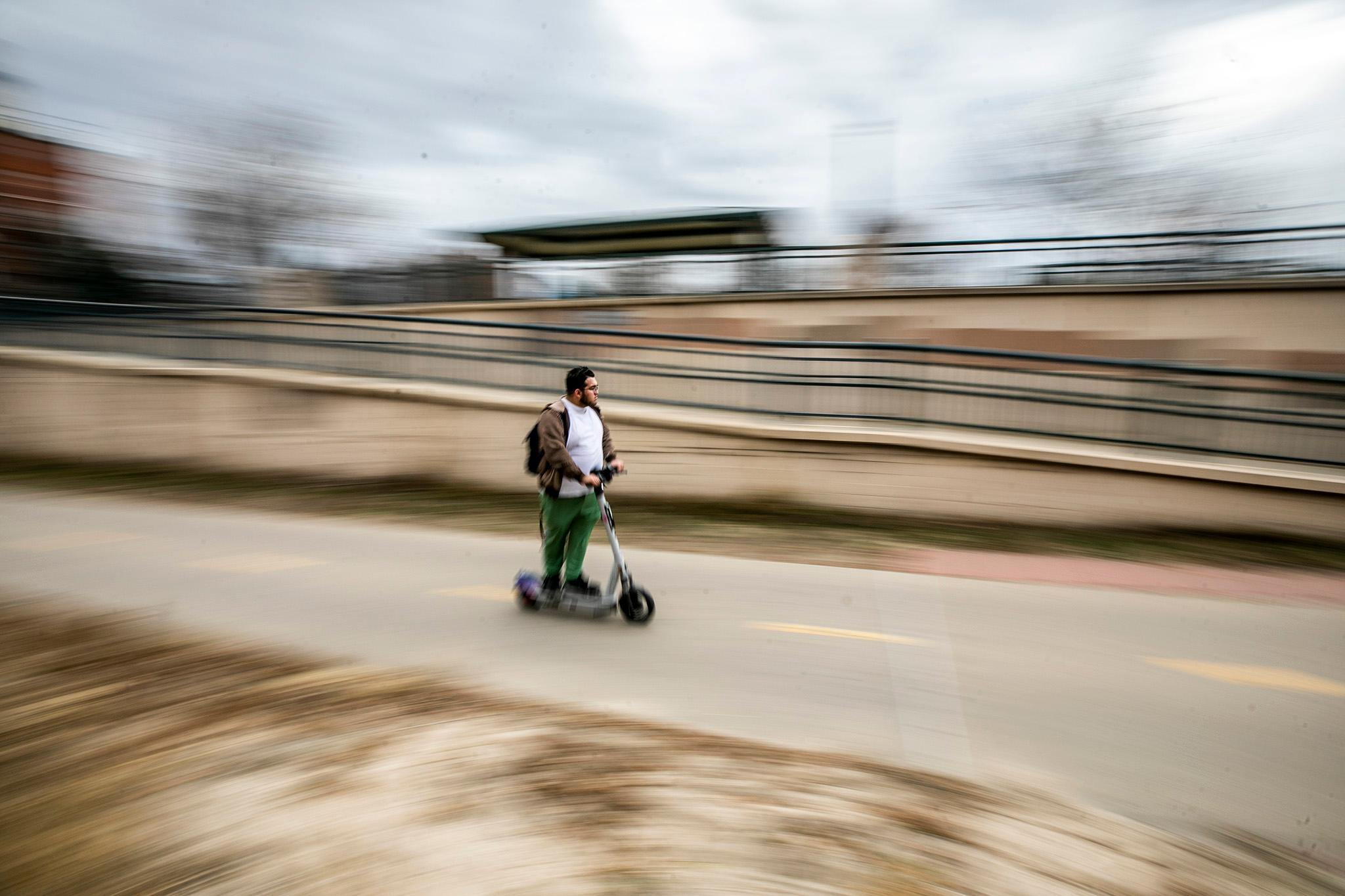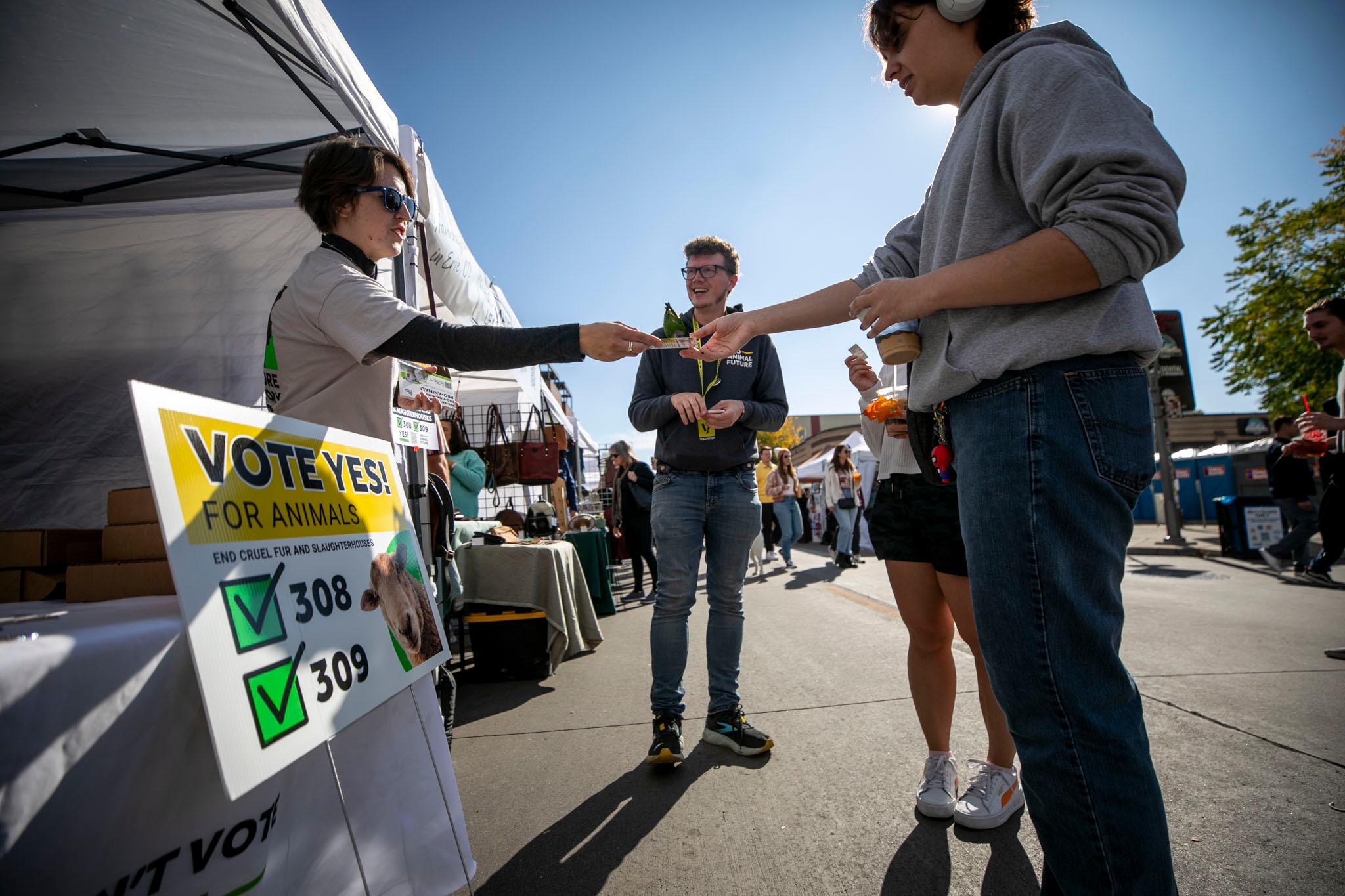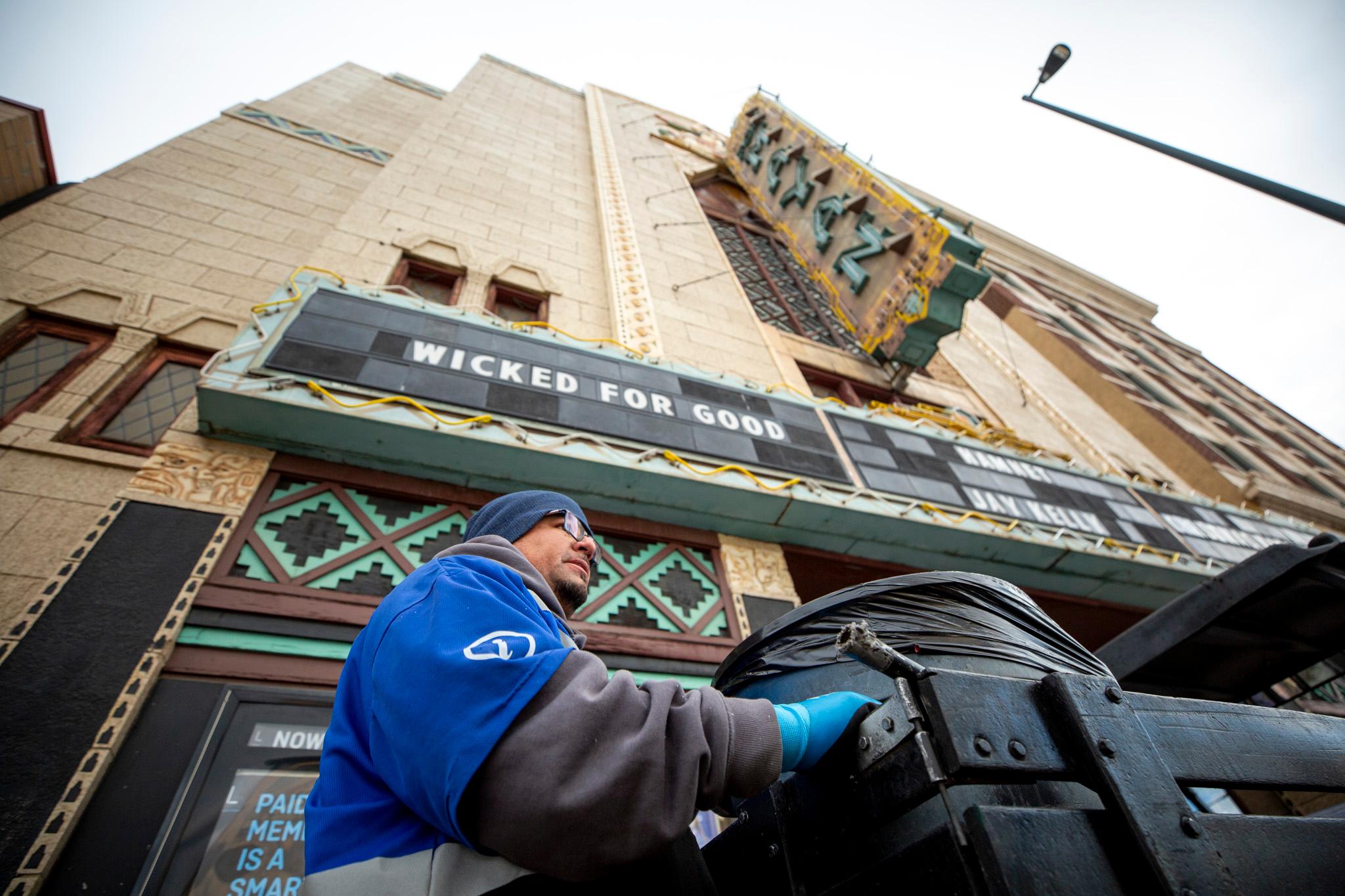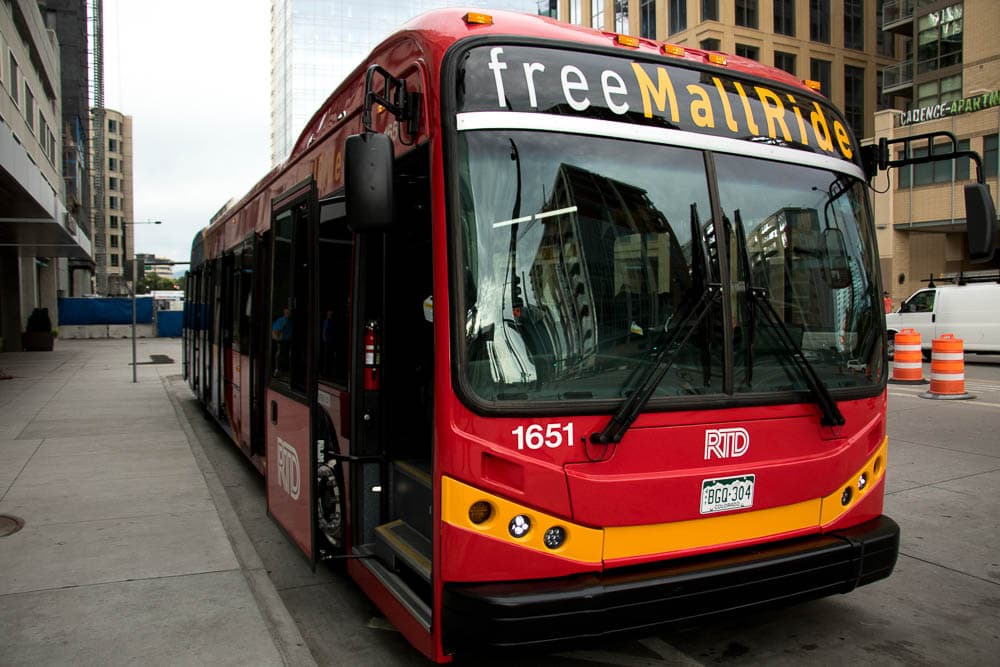
The state of Colorado is set to receive $68.7 million from a settlement with Volkswagen following the car company's emissions cheating scandal — and now we know how it might get spent.
Starting next year, the state expects to give away money that will help businesses and governments buy electric and low-emissions vehicles and install new charging stations for electric cars. The money comes from the nearly $15 billion settlement Volkswagen is paying out after the revelation that it had cheated emissions tests with technology in certain diesel models.
"I would say it’s pretty eye-raising," said Sophia Guerrero-Murphy of the nonprofit Conservation Colorado. "For one, it’s great to see a company that frankly broke the law really end up being held accountable in a way that has the potential to benefit the public."
It should provide only a small stride toward the state's new climate-change prevention goals, but state officials hope the new investment will lay a foundation for electric and alternative-fuel cars in Colorado.
"Replacing maybe 1,000 vehicles is a small percentage of what’s on the road right now, but I think the real benefit will come from accelerating the adoption of zero-emission vehicles," said Chris Colclasure, deputy director of the state's air pollution control division, in an interview.
However, there's still debate over the new plan, with Conservation Colorado arguing that the money should only be used for electric vehicles, and not those that rely on natural gas and other fuels.
Here's the proposed breakdown:
— About $18 million would go toward replacing roughly 450 buses and commercial trucks for governments and businesses, mostly with electric vehicles, hydrogen-cell vehicles and other options. The old vehicles would be scrapped.
— About $18 million would go toward replacing public transit buses with electric or alternative fuel vehicles, plus related charging stations. That would fund about 36 electric buses and infrastructure, although it could cover more vehicles if some are natural-gas burners, according to the state. (One example: the new, electric MallRide buses.)
— About $10 million would pay for new charging stations for electric cars in public places, offices and residential complexes. This could pay for about 50 of the most expensive super-fast charging stations, each of which comes with multiple ports, or a larger number of slower chargers.
This money would be available statewide, with a focus on highway corridors; it's the maximum the state can spend on this purpose from the Volkswagen money, Colclasure said.
Separately, Volkswagen also is spending $2 billion nationwide to install charging stations along highways and in select metro areas, including Denver. (Read about the state's plans for electric vehicles in our earlier coverage.)
— About $5 million would go toward upgrading non-road diesel engines to reduce emissions. This might apply to construction equipment, drilling rigs and farmer equipment, for example.
— About $5 million would go toward administrative costs, such as outreach and advertising, and about $12 million would be left as flexible money to meet the overall mission.
"We want to get a sense of where the most interest is, and we want to retain some flexibility to direct money to where it can be used well," Colclasure said.
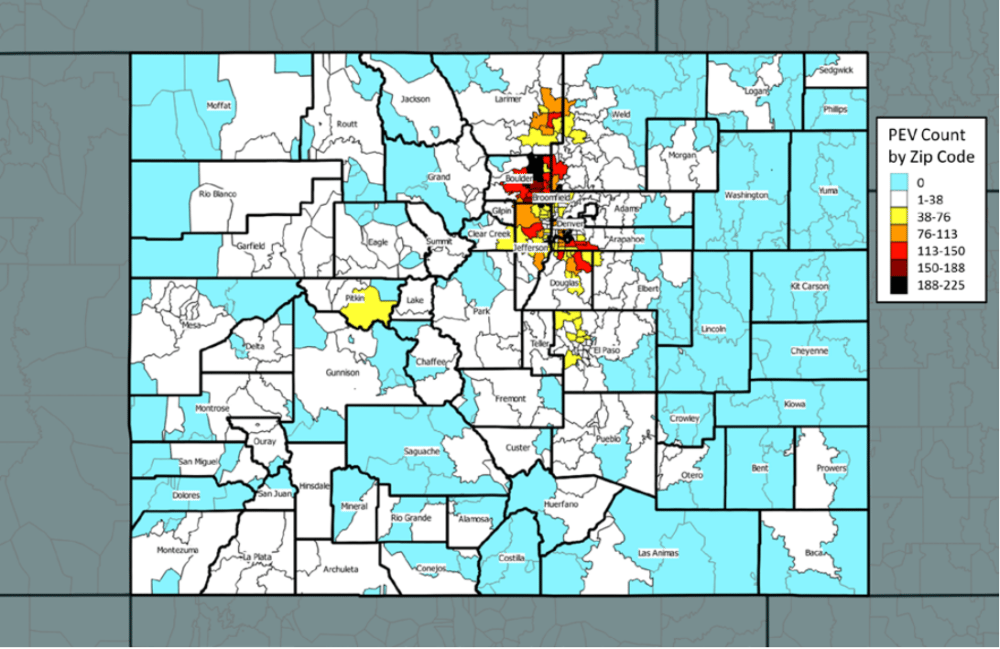
More than 11,000 vehicles in Colorado may have had the cheating software, mostly in the Denver metro area, according to the state report. The cheat allowed the vehicles to emit excess nitrogen oxide, which worsens the ozone problems already present in the area.
The state estimates that the Volkswagen program could reduce greenhouse gas emissions by up to 57,600 tons per year.
In a written release, Conservation Colorado said the plan was a "great start" but urged the state to limit the funds to electric vehicles only.
"Electric buses are really the only way that this settlement is going to do the most positive impact in terms of both for health and for greenhouse gases," said Guerrero-Murphy.
Colclasure said that the mix of opportunities was an attempt to take advantage of existing programs while maximizing emissions reductions for the money.
Public comments can be submitted through Oct. 13 to [email protected]. There will be a public comment meeting on Sept. 18 at CDOT headquarters, 4201 East Arkansas Avenue in Denver.
Volkswagen is paying close to $15 billion in its overall settlement. If you believe you have a vehicle affected by the scandal, you can check here and potentially sell the automobile back to the company.

